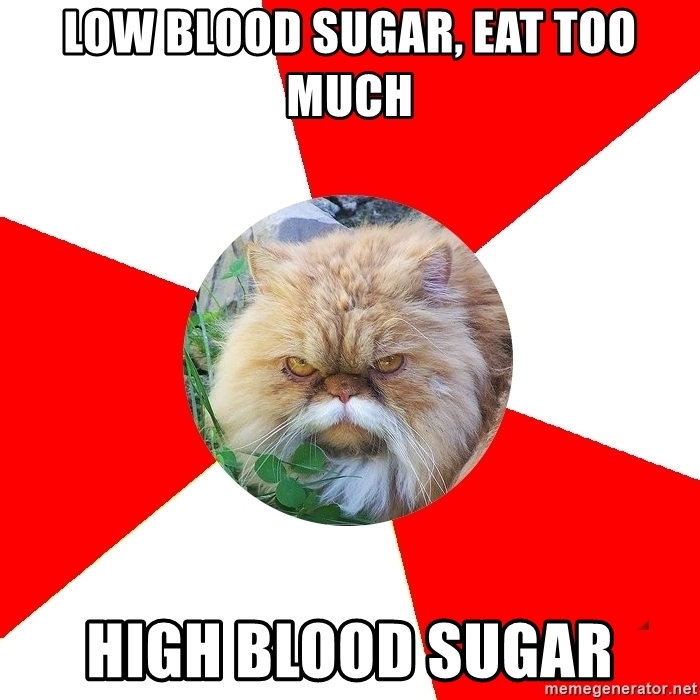Seeds can grow and flourish.
I refuse to be a fucking shrub, alright?! (Subtle nod to the film Girl, Interrupted. Had to.)
SEED stands for ‘severe and enduring eating disorder. I only actually heard them refer to me as such in the past year or so, and was taken aback to have it used so candidly. By ‘them’ I mean my current eating disorder service providers.
A SEED patient is classed as someone with an eating disorder that has lasted beyond 7 years. Why 7 exactly I do not know, but that’s the line they draw. It feels like a line between worthy and not worthy of help. Like you suddenly fall through cracks into shadows, case aside, hopeless.
I understand that it is a way of being realistic about future expectations, of making it okay to only aim for stability. I agree that someone with a long history of disordered eating should be regarded differently to someone with say a year of anorexic or bulimic behaviours, and expecting big changes is too much. But I don’t think anyone should ever be labelled as unable to ever achieve recovery. It’s disheartening. It’s an opinion that colludes quite easily with the thoughts inside your head that tell you that you are worthless and good for nothing.
But boxes are for objects, not people. Language and attitude is key, because it’s not just that word ‘SEED’, but the way I have been made to feel. Disregarded. Left on a dusty shelf with rag dolls and unwanted stuffed animals.
12 weeks of CBT just last year was of help to me. I managed to make behavioural changes and start to tackle my negative thinking patterns. Yet because my weight chart didn’t show a steady line upwards from week to week they concluded it unsuccessful. My GP stressed that more therapy would be beneficial but they just refused to offer anything further. Now I just see a nurse every few weeks and it seems the only objective is to weigh me (a trigger every time as I try to stay away from scales these days) and make sure I am still alive. I actually last had an appointment around 2 months ago as have been waiting for a new appointment in the post, so really that shows how much I am of concern.
Of course I also see that early intervention is being implemented a lot more than it was in the past. This is a really good thing, and indeed best use of the light NHS money pot. It just means that for those of us that are of the old ‘system’, with the approach whereby not much help would be available until you reached an acute stage of crisis, when suddenly it would be all sirens flashing, it’s tough. We drew the short straws, pretty much. It stings.
Today I have seen how the approach can be different, though, it can be better. I attended my first session at Kings College Hospital which now has a specialist team that treats diabetics with psychological struggles, particularly eating disorders. My GP made the referral and I was so relieved that it passed by the commissioners without any trouble. I have come away from this appointment with renewed hope.
Therapy was very much on the agenda. Some med changes. Most of all, understanding. No weighing, just listening.
We need more places like Kings, desperately. An eating disorder alongside diabetes must be tackled differently from more typical eating disorders. Losing trust in clinicians is inevitable when they continuously get the facts about your chronic condition completely wrong. Some of the things doctors have told me about type 1 diabetes are just laughable. Of course, we know this illness inside and out, we are the experts, more so than some psychologist or psychiatrist that did a few modules on diabetes in medical school.
We must keep on pushing for more specialist pathways like that at Kings, more open doors that are widespread. Nobody should have to feel beyond hope and that they do not have the support to try and make changes. Small changes are so important.
An eating disorder is not living it is simply existing. Just like a seed, contained, without water it will remain as it is. But just a little sprinkling of rain can be all it needs to begin emerging and uncurling itself with green stalks and sometimes, eventually, rosebuds. Let’s see.
By Claire Kearns.






![xookiw].jpg](https://images.squarespace-cdn.com/content/v1/57839ffa2e69cfb0b30cffd2/1530120242806-QW2PBYCJQ1UIJO99ITBT/xookiw%5D.jpg)